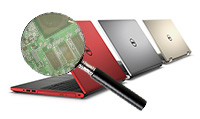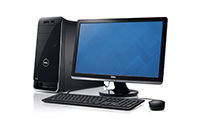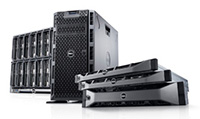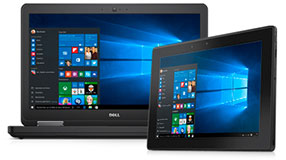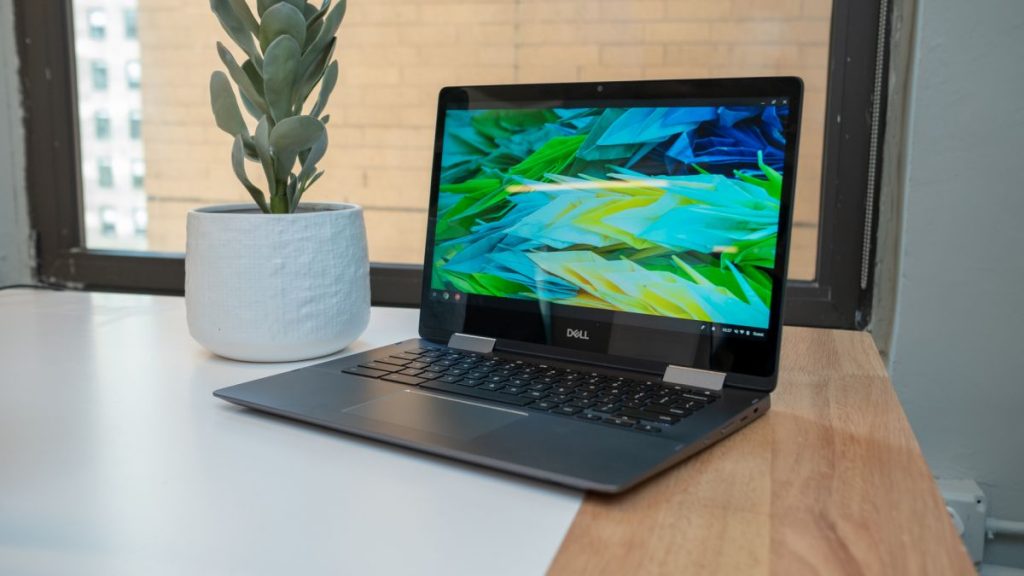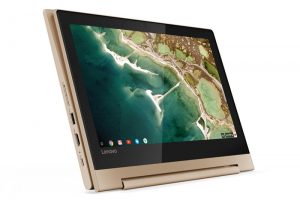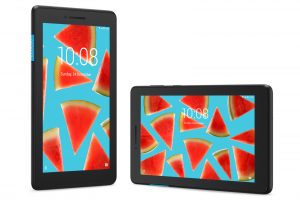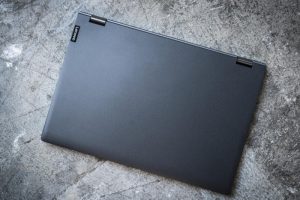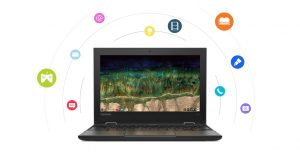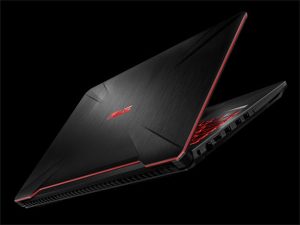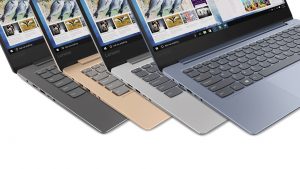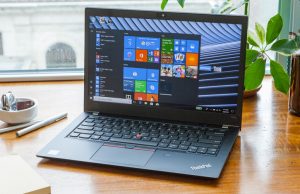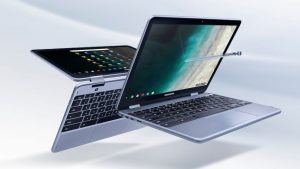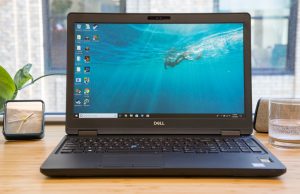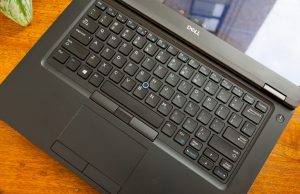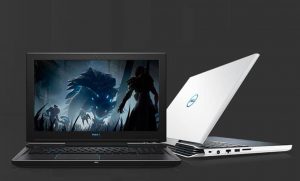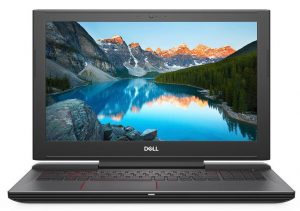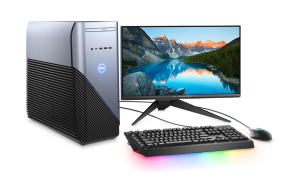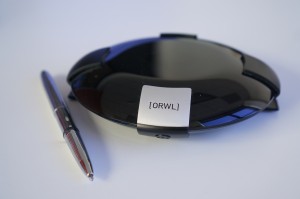

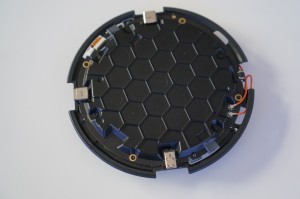

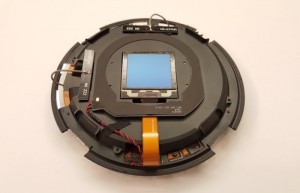

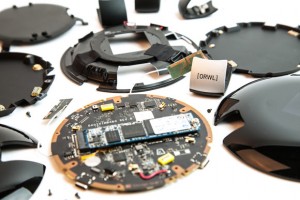

If this type of security mechanism doesn’t sound failsafe, try this. On top of all of the facets of encryption thus far, ORWL even has a physical layer of security. The “active mesh”, as it’s called, encases the computer - comparable to the way ATMs and security tokens do, and made out of a material containing a printed circuit board that shatters when it’s tampered with. If one were to drill this thing open, pry it open, or what have you, the shattering would trigger the MCU to delete ORWL’s encryption key and data.
On an ending note, the ORWL team is working on a development kit that should be released soon, so users can custom build their own ORWL firmware. Back at the end of 2015, the company began asking for crowdfunding contributions to get some extra elbow grease in while developing the device, specifically with the idea in mind to sell versions of ORWL without any firmware. The idea, which costs a lot of money, meant the open-source firmware could grant anyone the use of the custom MCU. Inquiring about the miniature desktop’s status today is as easy as hitting up Design Shift’s Kickstarter page, where you’ll find that the goal of a whopping $175,000 was not nearly met. That doesn’t mean much for the overall idea that is in place. At some point, kind of like Global Warming, consumers will “get it” when it comes to the state of their personal data.

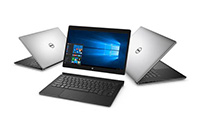 Laptop & Tablet Parts
Laptop & Tablet Parts